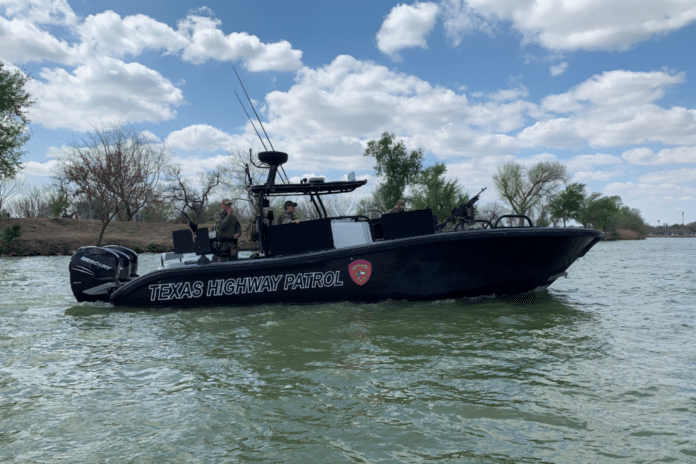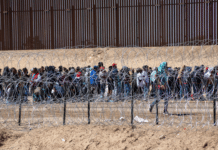(The Center Square) — The U.S. State Department and Texas Department of Public Safety have warned Americans not to travel to Mexico because of escalating cartel violence. While some news reports have suggested the warnings were for spring break, the warnings have been issued since at least last August and remain indefinite.
They’ve also been issued after more than 550 Americans have been reported and remain missing in Mexico.
Last August, the State Department warned Americans not to travel to six Mexican states and to reconsider traveling to others due to increased risk of crime and kidnappings. It also said the U.S. government wouldn’t be able to help them if they became victims of crime while there.
“Violent crime — such as homicide, kidnapping, carjacking, and robbery — is widespread and common in Mexico,” it warned. “The U.S. government has limited ability to provide emergency services to U.S. citizens in many areas of Mexico.”
Last October, it issued another warning stating, “violent crime — such as homicide, kidnapping, carjacking, and robbery — is widespread and common in Mexico. The U.S. government has limited ability to provide emergency services to U.S. citizens in many areas of Mexico, as travel by U.S. government employees to certain areas is prohibited or restricted.”
It warns Americans specifically not to travel to six states due to crime and kidnapping: Colima, Guerrero, Michoacan, Sinaloa, Tamaulipas, and Zacatecas.
The FBI recently issued a $20,000 reward to help find an American citizen who traveled frequently from California to Colima who was kidnapped on Feb. 9 from her home in Pueblo Nuevo, Colima. This was a month before Gulf Cartel members kidnapped four Americans in Tamaulipas on March 3, killing two of them.
On Feb. 24, three women were reported missing in Nueva Leon after leaving Peñitas, a small border town in Hidalgo County, Texas. Peñitas Police Chief Roel Bermea said Mexican authorities were reportedly investigating their disappearance, NBC News reported.
“Drug cartel violence and other criminal activity represent a significant safety threat to anyone who crosses into Mexico right now,” Texas DPS Director Steven McCraw said earlier this month. “We have a duty to inform the public about safety, travel risks and threats. Based on the volatile nature of cartel activity and the violence we are seeing there, we are urging individuals to avoid travel to Mexico at this time.”
The warnings come after 558 Americans have been reported and are still missing in Mexico, according to the Washington Post, up from 324 reported in 2020, which the Post says is “almost certainly an undercount.”
“Soaring violence and government dysfunction have fueled a crisis that’s left at least 112,150 people missing,” it says, pointing to its 2020 analysis of people missing by country of origin.
At the time, in 2020, it was “the worst crisis of the disappeared in Latin America since the Cold War, when military-backed governments kidnapped and secretly killed their leftist opponents — an estimated 45,000 in Guatemala, up to 30,000 in Argentina, as many as 3,400 in Chile. And Mexico’s numbers keep rising … Mexicans are uncovering two clandestine graves a day, on average.”
The numbers have reportedly only gone up since then.
Disappearances in Mexico are directly linked to cartel violence, law enforcement agencies have warned. The cartels are also making it more difficult to determine if those missing are dead by systematically burning the bodies of those they’ve killed in cocinas (kitchens) built to destroy evidence, officials say.
With the cartels “often in league with corrupt police,” the Post reports, “the sheer number of the disappeared reflects a collapse of order in America’s neighbor, with a proliferating number of crime groups warring over territory.”
Those who don’t heed Texas DPS or State Department travel warnings are urged to register with a U.S. Embassy or Consulate prior to leaving. While DPS says it understands that “many people do travel to Mexico without incident … serious risks … cannot be ignored” and Americans must “consider postponing or canceling travel to Mexico.”


















